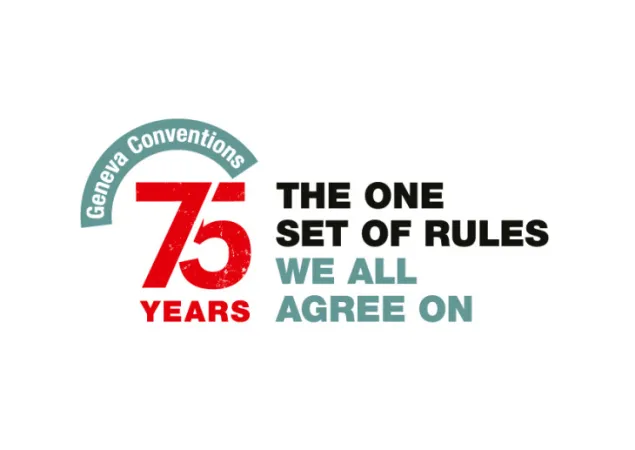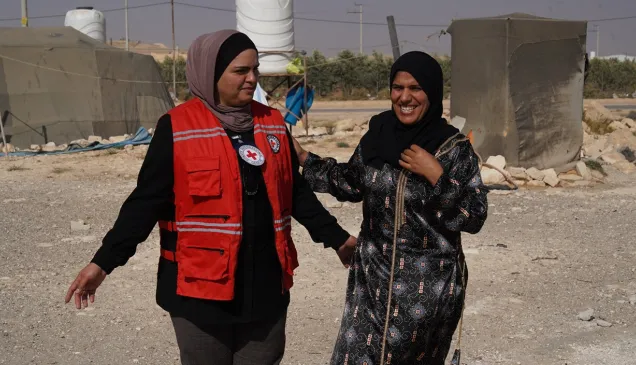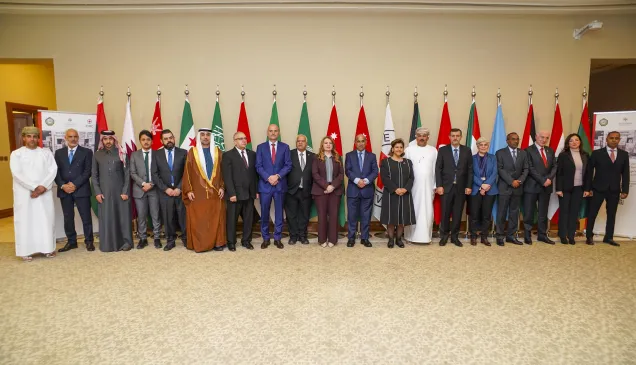First Topic: The Enforcement of IHL
The year 2024 marks the 75th anniversary of the 1949 Four Geneva Conventions. They specifically protect people who are not taking part in the hostilities, including civilians, health workers and aid workers, and those who are no longer participating, such as wounded, sick and shipwrecked soldiers and prisoners of war. The Conventions and their Protocols call for measures to be taken to prevent or put an end to all breaches. They contain stringent rules to deal with what are known as "grave breaches". Those who commit grave breaches must be pursued and tried or extradited, whatever their nationality. Recently many questions rose about its enforcement and effectiveness. In its latest challenges report released in 2019, the ICRC has emphasized that the biggest challenge to IHL is lack of respect for it. Efforts to enhance respect for IHL should be taken by all parties to armed conflict; by States, at the national, regional, and international level; and by all actors that can influence those involved in the fighting.
Question:
Discuss the legal mechanisms available to enforce IHL, including the specific obligations of states enriched in Common Article 1 to the Four Geneva Conventions. In your opinion, after 75 years, from a legal perspective, do the Four Geneva Conventions and their Additional Protocols still effectively protect the individuals they are intended to safeguard? What legal gaps, if any, exist in ensuring adequate protection under the aforementioned conventions.




